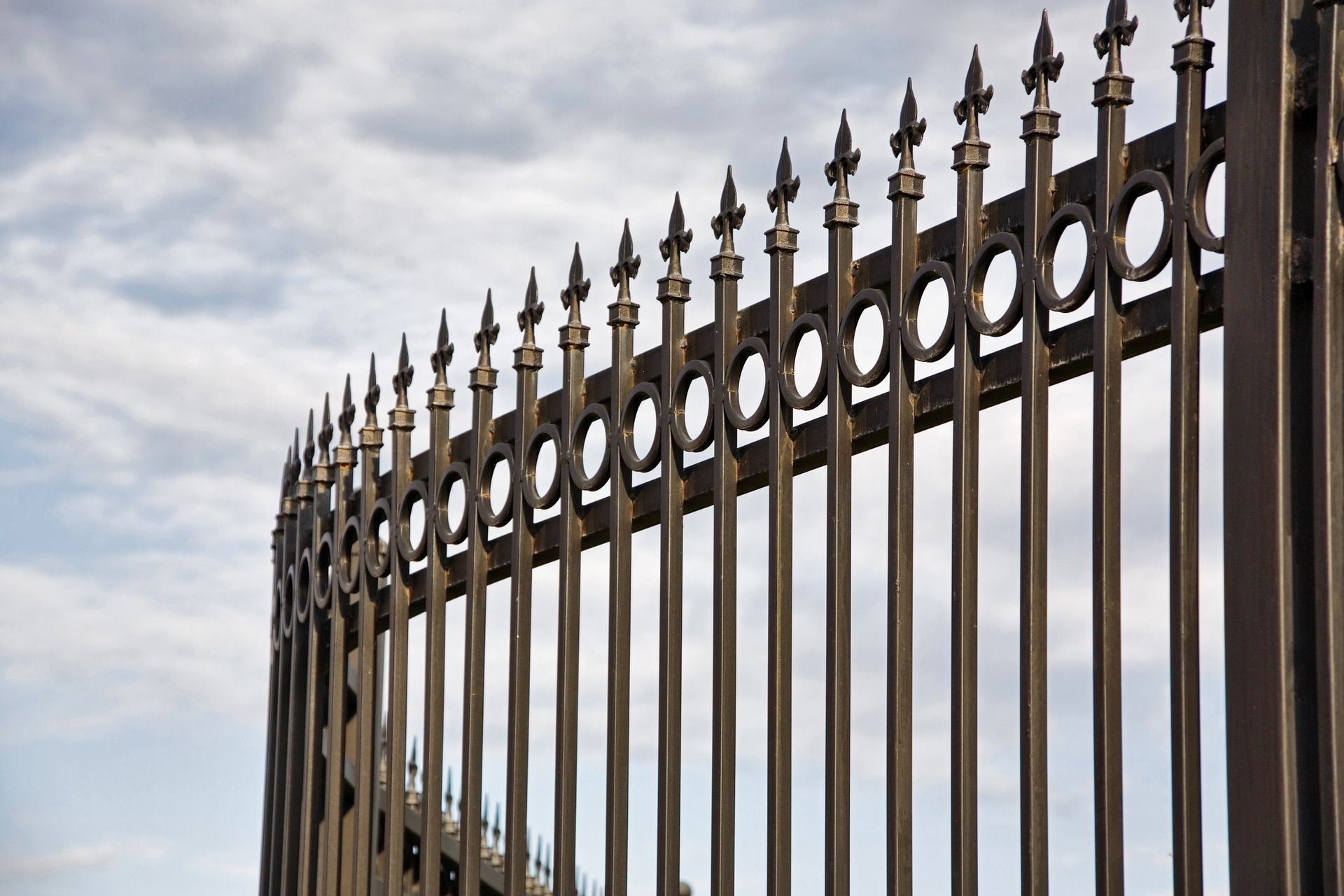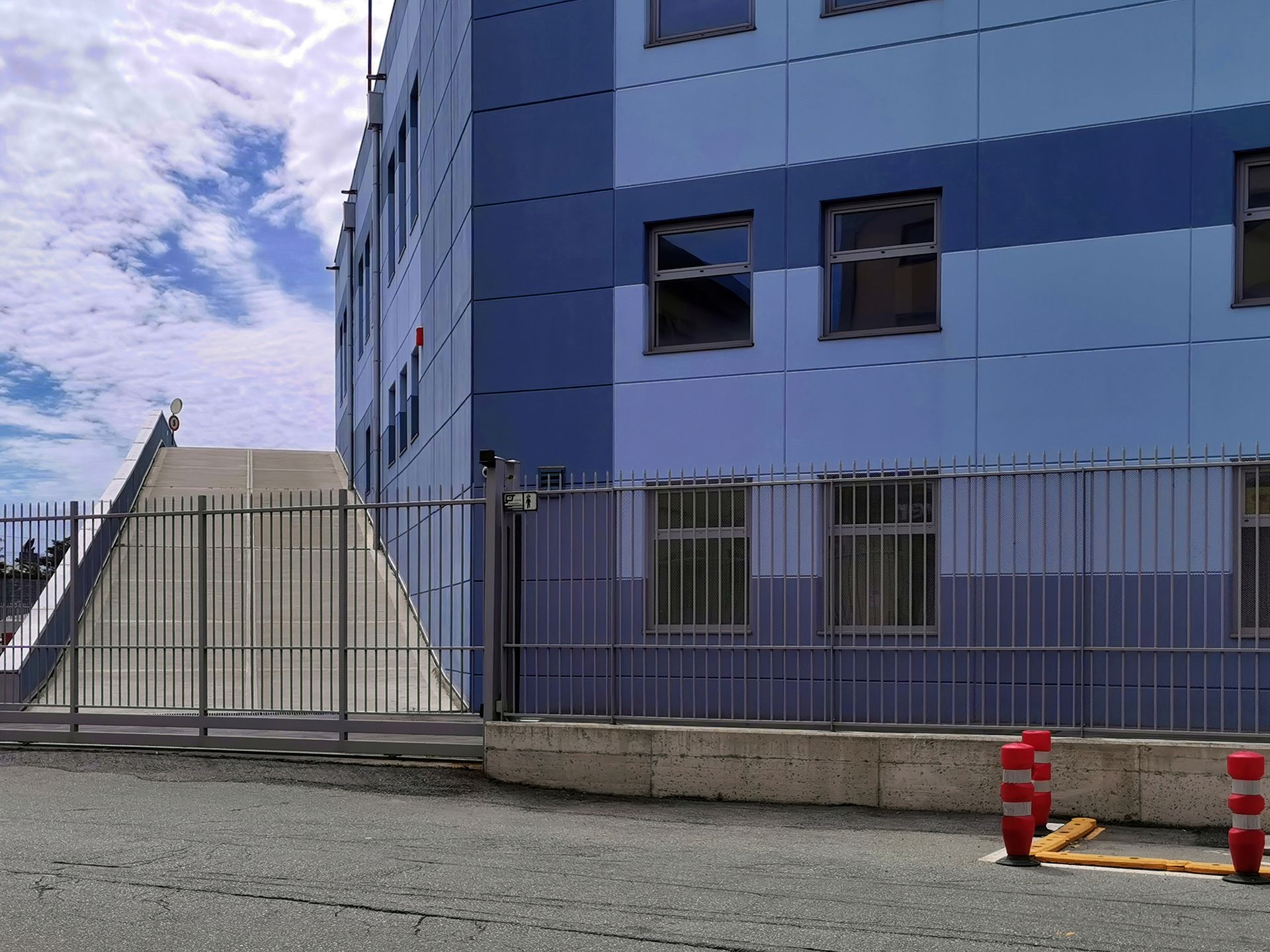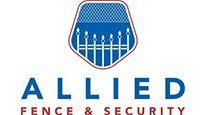5 Steps to Commercial Fence Installation in Kansas City, MO

A professionally installed fence is more than just a boundary—it’s your first line of defense, a boost to your business’s curb appeal, and a key factor in property value and security. Whether you're a business owner, property manager, contractor, or facility operator, understanding the process of commercial fence installation in Kansas City, MO can save time, prevent costly delays, and ensure a high-quality result.
From navigating local regulations to choosing the right fencing material, here’s a five-step overview of how to bring your commercial fencing project to life with confidence and clarity.
Step 1: Site Evaluation and Planning
Before any digging begins, the process starts with a detailed site evaluation. A commercial fencing expert will assess your property’s layout, terrain, and existing infrastructure to determine the most effective fencing solution.
Key considerations during this phase include:
- Security needs: Is the goal to deter intruders, manage access, or contain activity?
- Visibility: Do you need privacy slats, open chain-link, or ornamental fencing?
- Compliance: Your fence must comply with Kansas City zoning codes and commercial building regulations.
Working with professionals experienced in commercial fence installations ensures your design is both functional and legally compliant.
Step 2: Permits and Regulations
Kansas City has specific permitting and zoning regulations for commercial properties, and non-compliance can halt a project before it starts.
During this step, your fencing contractor will:
- Verify property boundaries.
- Identify utility lines and easements.
- Submit permit applications to the City of Kansas City.
- Coordinate with inspectors and local authorities.
Because commercial fence installation requires adherence to city-specific ordinances (such as fence height, proximity to sidewalks, and materials used), permit management is not something to overlook. Trusting a local professional helps you avoid delays and legal complications.
Step 3: Choosing the Right Commercial Fence Materials
Your fence is a long-term investment. Choosing the right materials depends on your industry, security requirements, and aesthetic preferences.
Popular materials for commercial fences include:
- Chain-link fencing: Cost-effective and durable, ideal for industrial properties and warehouses.
- Ornamental steel or aluminum: Offers a more polished look without compromising security.
- Vinyl and composite fences: Low maintenance and perfect for commercial properties seeking privacy.
- Welded wire or mesh panel systems: Provide visibility and high-strength containment, often used in sports or storage facilities.
Your contractor will help match your business’s needs to the ideal fence type for both form and function.
Step 4: Installation by Professionals
After planning, permitting, and material selection are complete, it’s time for the actual installation.
This stage includes:
- Marking fence lines and post locations.
- Excavating and setting fence posts with concrete.
- Assembling panels or linking mesh (depending on the fence type).
- Installing gates, access controls, or anti-climb features.
Professional installers ensure structural integrity and aesthetic consistency throughout the property. With Allied Fence & Security, every project meets stringent quality and safety standards, whether the job is a small enclosure or a multi-acre facility.
Plus, since most commercial fence installation involves heavy-duty materials and site-specific adjustments, relying on expert installers minimizes the risk of mistakes and delays.
Step 5: Final Inspection and Ongoing Maintenance
Once installation is complete, a final walkthrough is conducted to ensure the fence is secure, properly aligned, and compliant with local building codes. City inspectors may also review the finished product, particularly when permits are involved.
At this point, your contractor will:
- Conduct quality assurance checks.
- Provide maintenance guidelines.
- Schedule periodic inspections (if applicable).
- Offer support for any future repairs or modifications.
Routine maintenance—like tightening bolts, cleaning debris, or checking gate hardware—can extend your fence’s life and keep it functioning at peak performance.
Secure Your Property With Professional Commercial Fence Installation

Choosing a licensed contractor is essential when it comes to commercial fence installation in Kansas City, MO. Licensing ensures your project complies with local building codes, passes inspections, and avoids costly legal or safety issues. With over 40 years of experience, Allied Fence & Security manages every phase—from permits to final inspection—with professionalism, efficiency, and attention to detail.
Partnering with a trusted local expert like Allied Fence & Security means your commercial fence solution will be both reliable and built to last. We offer tailored installations for a wide range of properties, including warehouses, retail centers, office parks, and industrial facilities.
We also help you avoid common mistakes that can lead to costly delays or non-compliance, such as:
- Installing along inaccurate property lines.
- Selecting materials that don't meet commercial standards.
- Overlooking drainage or terrain challenges.
- Failing to plan for long-term maintenance.
Our process is built around compliance, efficiency, and quality workmanship, giving you the confidence that your investment is protected.
Ready to secure your property?
Contact Allied Fence & Security today for a free consultation and take the first step toward a safer, fully compliant commercial fence installation!





